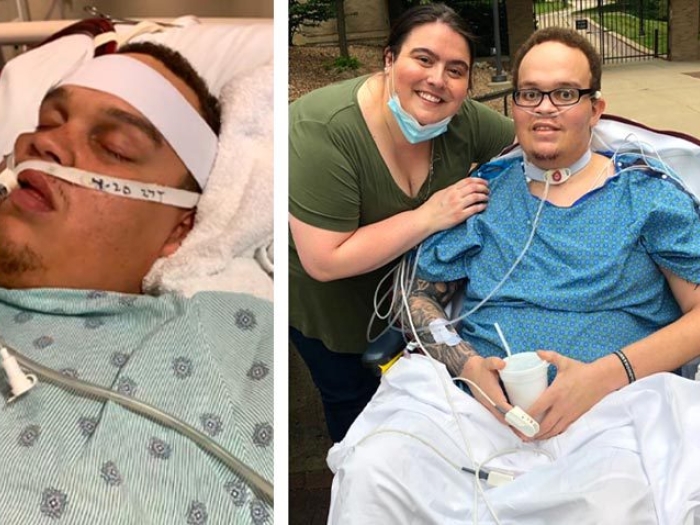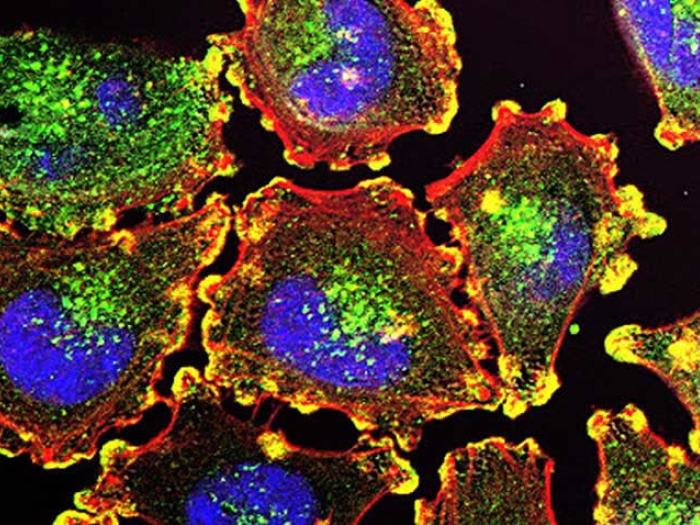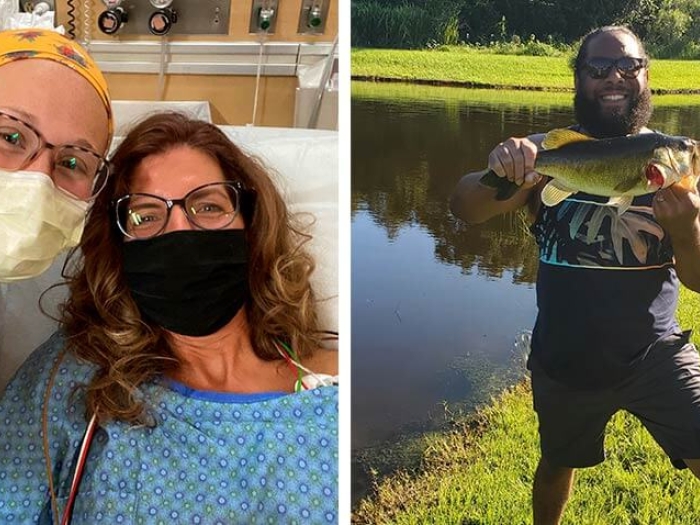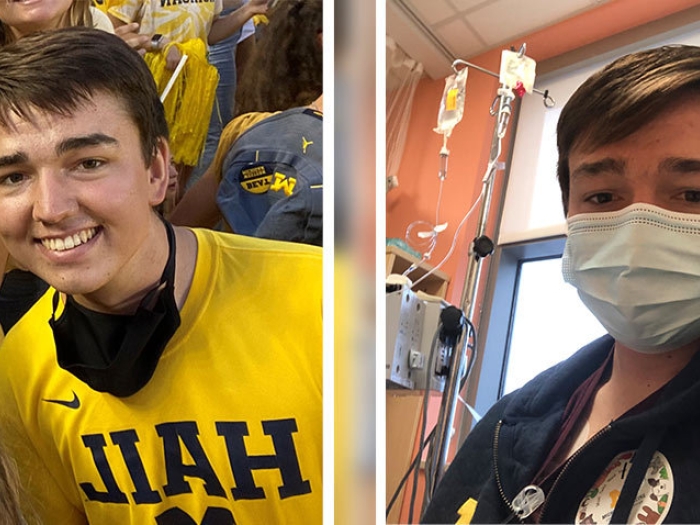Contributing writer
Fischer previously promoted innovations in clinical care and tells patient stories on behalf of the Rogel Cancer Center while also managing external communications for Michigan Medicine’s surgery and urology departments and the Transplant Center.

Health Lab
Artificial intelligence helped physicians more accurately assess whether a patient responded to bladder cancer treatment.

Health Lab
When Russia invaded Ukraine in late February, University of Michigan Health plastic surgeon David Brown and several other doctors organized a medical supply drive for Ukrainian hospitals.

Health Lab
Six people share their diverse experiences and emotions along with photos that illustrate their cancer journeys.

Health Lab
Andrew Ackerman was the first COVID-19 patient to be treated with an experimental filter that reduced his inflammation, helping to save his life.

Health Lab
Providers quickly integrated systemic medications to treat high-risk melanoma into their care after clinical trial results showed their efficacy while simultaneously forgoing lymph node removal surgeries.

Health Lab
Repaired hernias redeveloped more than 15% of the time in older Americans.

Health Lab
Jason Gentry needed a kidney. Lisa Clouse wanted to give him hers. When the two weren’t a match, a paired kidney exchange across 6 states ensured Gentry — and 5 others — got the organs they needed.

Health Lab
Nearly two decades later, Joseph Lail and his second wife are starting the family they always dreamed of.

Health Lab
An oncology physician gives 5 ideas to try.

Health Lab
It’s another holiday season during the COVID-19 pandemic, and with new variants circulating, tips on how to safely navigate the holidays if you’re immunocompromised are crucial.
News Release
University of Michigan Regent Ron Weiser(link is external) has committed $30 million to Michigan Medicine to establish an innovative, patient-focused program in prostate cancer.

Health Lab
What is lymphedema, what causes it and how can it be treated? Michigan Medicine lymphedema experts explain the condition and what treatments are available.

Health Lab
How to overcome sexual challenges after cancer.

Health Lab
Ryder Washington needs a bone marrow transplant. But the five-year-old, like many other African-Americans, doesn’t have any matches in the national bone marrow registry. His parents are out to change that.

Health Lab
Blood transfusions were the only thing that helped Connor Burke cope with the fatigue of his chemotherapy. Now, amid a national blood shortage, he’s encouraging more people to donate blood